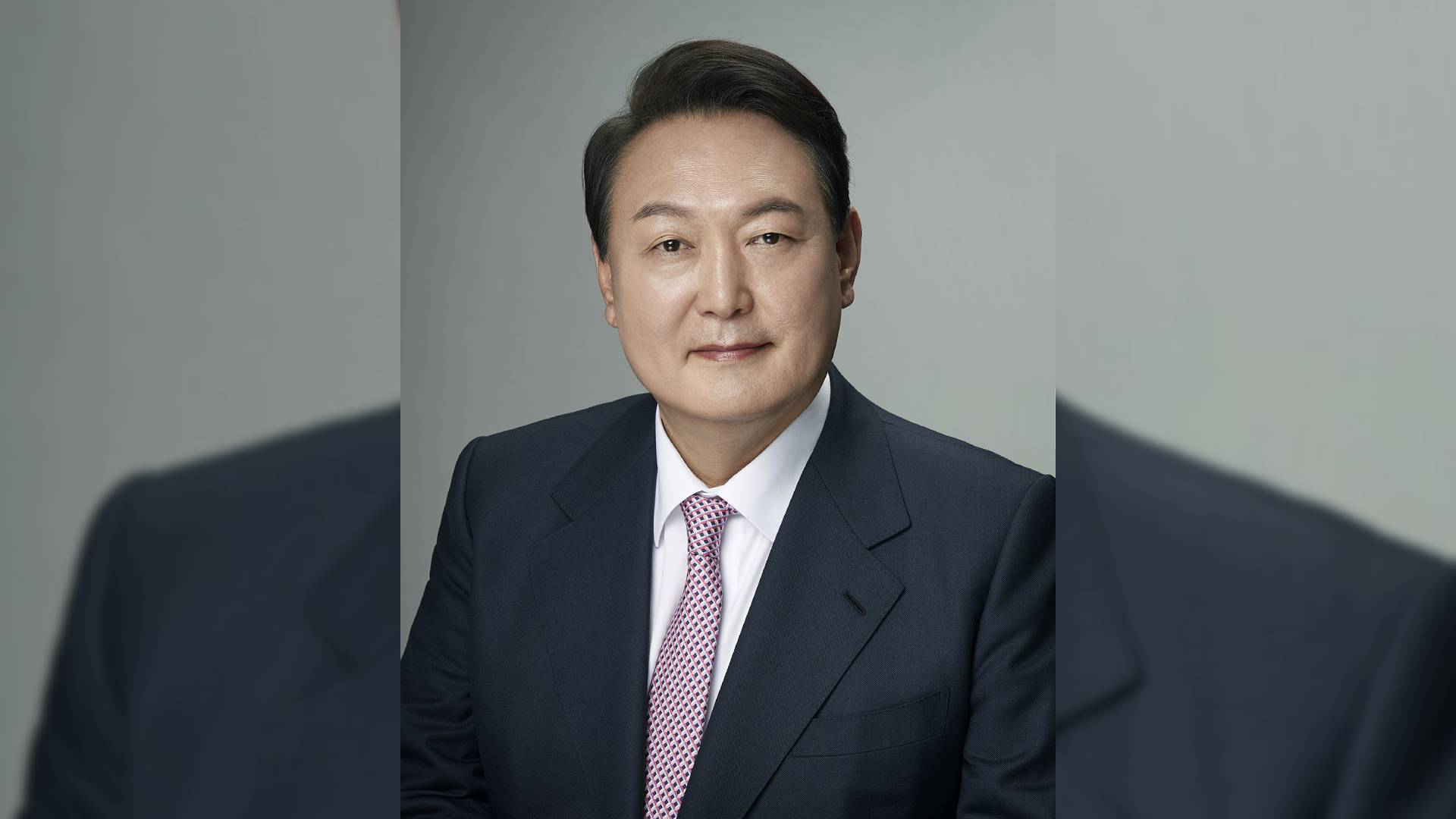South Korea's Constitutional Crisis: The Fate of President Yoon
The Constitutional Court of South Korea faces the crucial decision of whether to permanently remove President Yoon Suk Yeol, following his impeachment by parliament. The court's nine justices must rule within 180 days, amidst political infighting delaying the appointment of new members. Profiles of six current justices reveal diverse political views.

The fate of South Korean President Yoon Suk Yeol hangs in the balance as the Constitutional Court deliberates over his impeachment. Parliament impeached Yoon on December 14, following his short-lived martial law enforced on December 3, leaving the justices with the critical decision of whether to permanently remove him from office.
Currently, the court should have nine justices, but political disputes have stalled the appointment of three new members. Acting President Han Duck-soo is yet to officially appoint nominees backed by a parliamentary vote. Discussions center on six existing justices, revealing their diverse legal perspectives and political leanings.
Among the justices, Moon Hyungbae, Lee Mison, Kim Hyungdu, Jung Jungmi, Cheong Hyungsik, and Kim Bok-hyeong bring differing viewpoints to the table. With backgrounds ranging from labor law expertise to conservative rulings, the justices' political inclinations may play a role in the outcome of President Yoon's impeachment trial.
(With inputs from agencies.)










